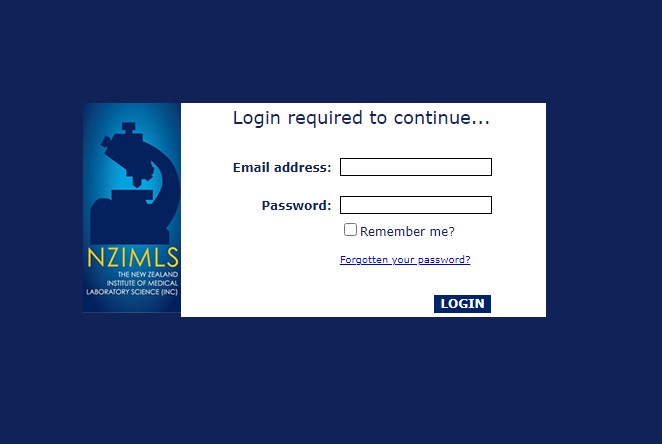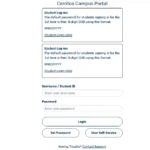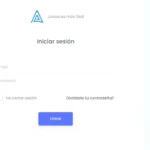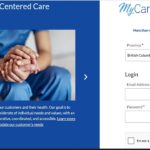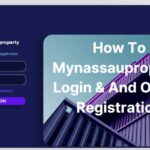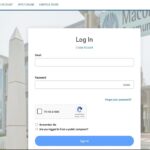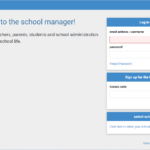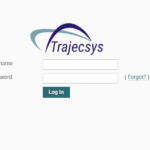Overview Of NZIMLS
The New Zealand Institute of Medical Laboratory Science (NZIMLS) is a professional organization representing those engaged in the field of medical laboratory science in New Zealand.
It provides continuing education, professional exams, and communication to ensure high-quality diagnostic laboratory services for New Zealanders.
“NZIMLS has a long history dating back to 1946 when it was first established as the New Zealand Association of Bacteriologists (NZAB).”
The name was changed to the New Zealand Institute of Medical Laboratory Technology (NZIMLT) in 1960 and finally to its current name NZIMLS in 1990.
The objectives of NZIMLS include:
- Improving the standards, status, education, training, and employment conditions of its members
- Conferring appropriate membership categories to those entitled to receive them
- Encouraging the publication of material related to medical laboratory science
- Doing all things considered necessary or beneficial to the Institute and profession
Membership And Registration
Membership with NZIMLS is voluntary but is an important step for medical laboratory professionals to establish their identity in the healthcare field.
There are different membership categories:
- Full Membership – For medical laboratory scientists registered with the Medical Sciences Council of New Zealand
- Associate Membership – For registered medical laboratory technicians and those not eligible for full membership such as non-registered technicians, trainees, and others associated with the profession
- Student Membership – For those enrolled in 3rd or 4th year of a Bachelor of Medical Laboratory Science degree in New Zealand
To register as a medical laboratory technician, one must be awarded the Qualified Medical Laboratory Technician (QMLT) Certificate by NZIMLS in a specialty like biochemistry, hematology, microbiology etc.
QMLT graduates are initially granted provisional registration and must practice under supervision for a period before obtaining full registration.
Continuing Professional Development
In order to maintain their Annual Practicing Certificate, medical laboratory professionals must participate in a Continuing Professional Development (CPD) program. NZIMLS is an accredited provider of CPD programs for medical laboratory scientists
.The current CPD requirements starting from January 2021 include:
- 40 hours of CPD in each two-year cycle
- At least 15 hours of CPD each year
- 24 hours must be substantive CPD activities each cycle
The Medical Sciences Council audits a portion of practitioners each cycle to ensure they are meeting their CPD requirements. This provides assurance of the ongoing competence of the medical laboratory workforce.
NZIMLS Login And Website
The NZIMLS website at https://www.nzimls.org.nz provides useful information and resources for members and those interested in the profession.
Key features include:
- Member Login – Allows members to access their profile, update details, and view CPD records
- Find a Job – Lists current medical laboratory job vacancies across New Zealand
- Events – Provides a calendar of upcoming NZIMLS conferences, seminars and training workshops
- Publications – Allows access to the New Zealand Journal of Medical Laboratory Science
- About NZIMLS – Gives an overview and history of the organization and how to become a member
The member login is an important portal for medical laboratory professionals to manage their membership and access exclusive content.
Logging in allows members to:
- View and edit their personal profile and contact details
- Access their CPD dashboard to record activities and track progress against requirements
- Register for NZIMLS events at member rates
- Access the full digital archive of the NZ Journal of Medical Laboratory Science
- Participate in discussion forums and connect with other NZIMLS members
In summary, the NZIMLS plays a vital role in supporting and advancing the medical laboratory profession in New Zealand.
Through the NZIMLS website and Login, members can access valuable resources to develop their careers and connect with their professional community.
The CPD programs and registration pathways ensure high standards of competence and public confidence in the critical diagnostic services provided by medical laboratories across New Zealand.
What Is Nzimls
https://www.nzimls.org.nz/
The NZIMLS is the professional body for practitioners employed in Medical Laboratory Science in New Zealand.
Nzimls Login
https://www.nzimls.org.nz/login.html
Go to the nzimls login link https://www.nzimls.org.nz/login.html Then enter username & password. Click on the “login” button.
NZIMLS Membership
https://www.nzimls.org.nz/about-nzimls-membership.html
A sense of professional belonging, Preferential access to educational activities organised by the NZIMLS.
NZIMLS Contact
https://www.nzimls.org.nz/
The NZIMLS is the organisation that represents those engaged in the profession of Medical Laboratory Science in New Zealand.
Nzimls Conference 2021
https://www.nzimls.org.nz/events.html
Events Biochemistry SIG Details coming soon, NZIMLS ASM – Registration Now Open, Registration is now open! Click here to register.
NZIMLS Jobs
https://www.nzimls.org.nz/job-vacancies.html
Job Vacancies The vacancies listed in this section have been fowarded to the NZIMLS by employers or employment agencies.
NZIMLS Code Of Ethics
http://www.nzimls.org.nz/user/file/338/Code%20of%20Ethics%202012.pdf
1. It is the duty of Members to uphold the dignity and honour of the profession, to accept its ethical principles and not engage in any activity that would discredit the profession.
NZIMLS APC
https://www.mscouncil.org.nz/already-registered/annual-practising-certificates-apc/
You must hold a current APC to practise as a medical laboratory science or anaesthetic technician practitioner in New Zealand.
NZIMLS CPD
https://www.nzimls.org.nz/cpd.html
The CPD programme has been developed by the NZIMLS as a means of assessing the laboratory competence of Medical Laboratory Scientists.
NZIMLS Journal Questionnaire
https://www.nzimls.org.nz/august-journal-questionnare-a.html
Below are 10 questions based on articles in the November 2013 Journal issue, Read the articles carefully as most questions require more than one answer.
Read More:


